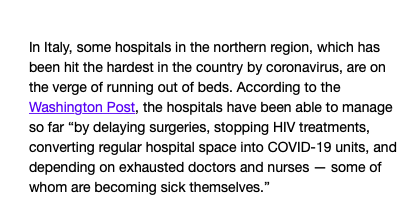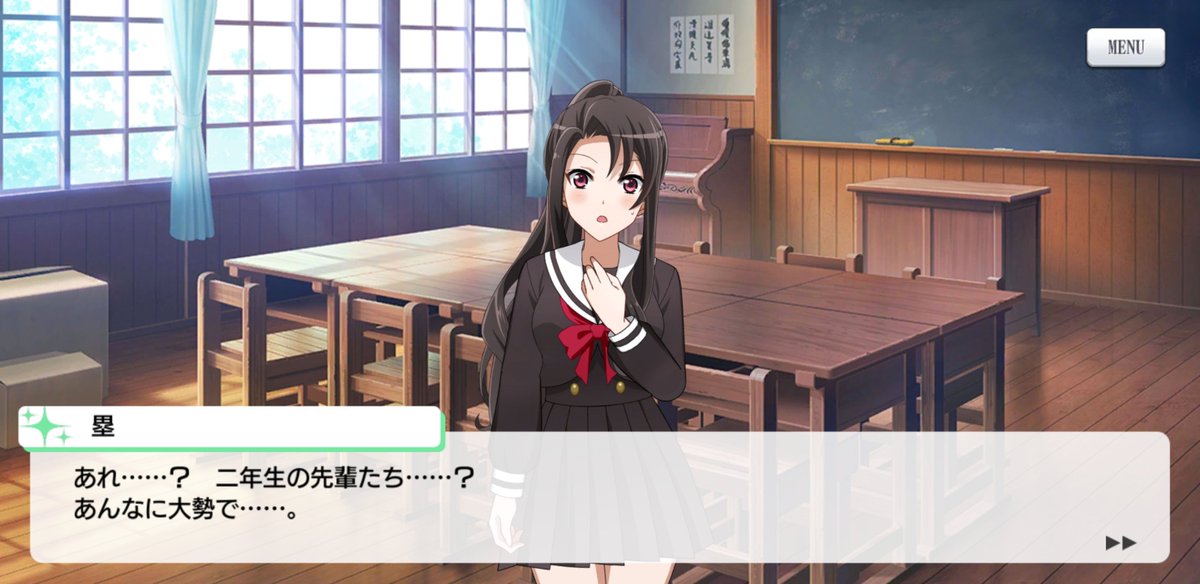There is no way that gvrnments can borrow that much that quickly. And even if they could, the interest payments would kill them. The only alternative is to borrow from central banks.
Cc: @jdamijan @LukaMesec @PocivalsekZ @strankaSD @markopahor @Libertarec














